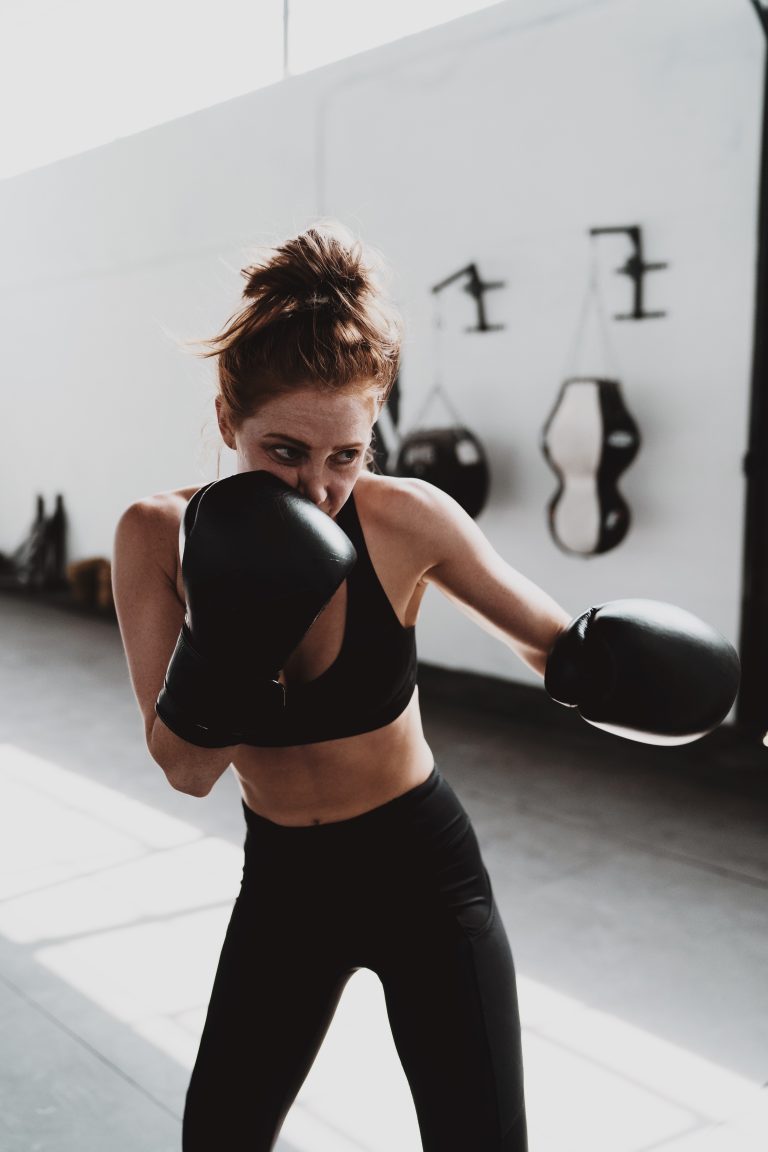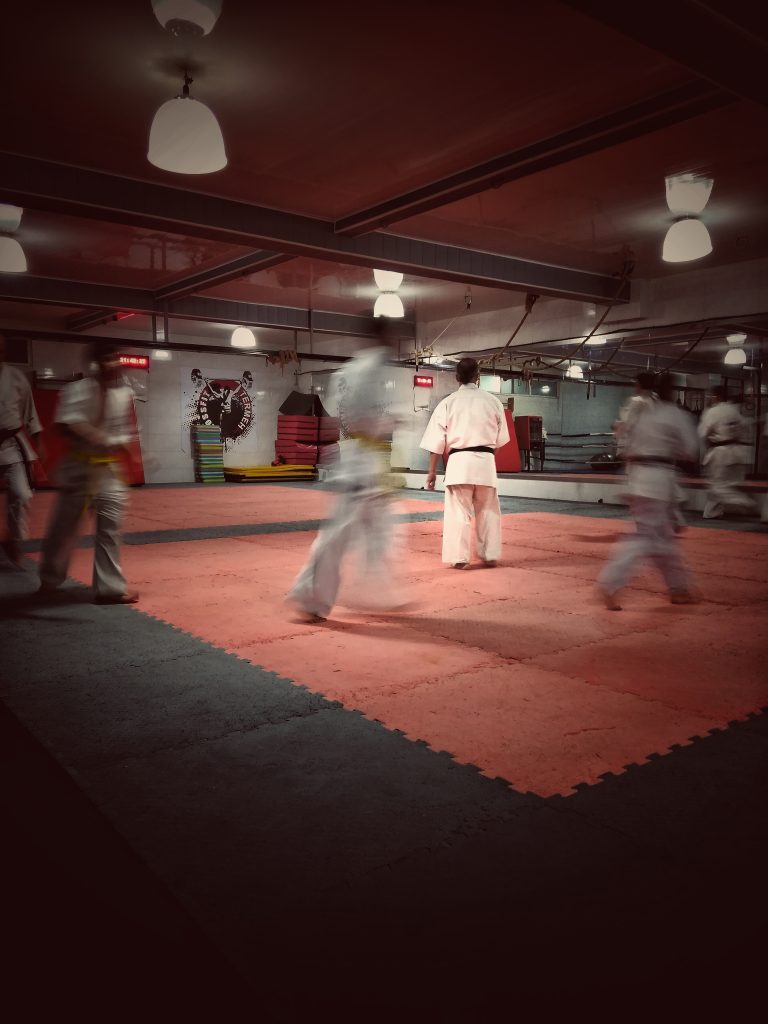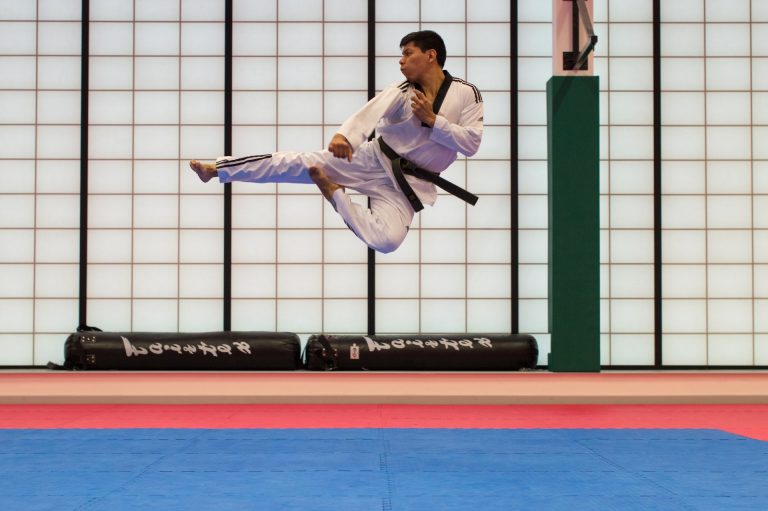Karate Training for People with Disabilities
Karate is a popular martial art that not only helps in improving physical fitness but also mental well-being. Karate training is not just limited to people without disabilities but has also proven to be beneficial for people with disabilities. Many individuals with disabilities face challenges while doing regular activities, including physical activities like sports, which can demotivate them.
However, with the support of proper training, equipment, and guidance, people with disabilities can still engage in martial arts like Karate. Karate training for people with disabilities has several benefits, including increased mobility, reduced stress and anxiety, improved concentration, and a boost in self-confidence.
Mental and Physical Benefits of Karate Training for People with Disabilities
Karate training is a comprehensive workout that involves physical exercise, which strengthens the body and mind. Martial art training like Karate helps to focus on different aspects of fitness, such as agility, flexibility, balance, strength, and endurance. Along with physical fitness, Karate training also focuses on mental fitness, such as self-discipline, self-control, and motivation.
Karate enables individuals with disabilities to focus on their strengths and capabilities, rather than their limitations. It provides them with a sense of independence, motivation, and self-confidence. Karate training also helps individuals with disabilities build self-defense skills, leading to increased safety and security.
Adapting Karate Training for People with Disabilities
While Karate training may seem challenging for people with disabilities, it is possible to adapt the training to individual needs. Various modifications and accommodations can be implemented to support the training. Here are some of the modifications and accommodations that can be done to support Karate training for people with disabilities:
- Modifications in Technique: The trainer can adjust or modify the technique to fit the requirements of an individual’s disability.
- Equipment Adaptation: The trainer can modify the equipment to adapt to the individual’s disability, such as using a wheelchair, a prosthesis or providing braces to provide support and stability.
- Training Time: The training time can be adapted to accommodate the individual’s energy level and physical capabilities.
- One-on-One Training: Some individuals may require more personalized and individual training, which can be done with one-on-one sessions with an instructor.
Conclusion
Karate training is a comprehensive workout that can be adapted to accommodate anyone, including individuals with disabilities. While modifying the training may seem challenging, the benefits it provides are immeasurable. It provides individuals with disabilities with a sense of accomplishment, self-confidence, and independence, leading to overall better physical and mental well-being. Through Karate, individuals with disabilities can reach their full potential and feel a sense of belonging to their communities.
Karate Training for People with Disabilities: Frequently Asked Questions
Karate is a martial art that originated in Okinawa, Japan. It is known for its physical and mental benefits, such as improving self-discipline and focus, increasing self-confidence, and developing strength and flexibility. Karate is also beneficial for people with disabilities, as it can improve their physical and mental well-being. In this blog post, we will answer some frequently asked questions about karate training for people with disabilities.
What are the benefits of karate for people with disabilities?
Karate training can offer several benefits for people with disabilities, such as:
1. Improved physical fitness: Karate helps in improving strength, flexibility, and coordination, which can lead to better fitness levels for people with disabilities.
2. Increased self-confidence: Karate training can help people with disabilities to gain confidence in themselves, their abilities, and their bodies.
3. Better focus and concentration: Karate training requires a high level of focus and concentration, which can translate into improved cognitive skills for people with disabilities.
Is karate training safe for people with disabilities?
Karate training can be safe for people with disabilities if the necessary precautions are taken. It is essential to consult with a doctor or physical therapist before starting any new physical activity, especially if you have a disability. Moreover, it’s important to train with a certified instructor who is knowledgeable about adapting karate techniques to suit individuals with different disabilities.
How can karate training be adapted for people with disabilities?
Karate training can be adapted to suit people with different disabilities. For example, for individuals with hearing impairments, visual cues can be used instead of vocal instructions. For individuals with physical disabilities, modifications can be made to the techniques to accommodate different ranges of motion or physical abilities.
Additionally, instructors can adopt different teaching strategies to match each individual’s strengths and abilities. For instance, individuals with intellectual disabilities may require a slower pace of instruction, and those with mobility impairments may benefit from seated training.
Are there any special programs for people with disabilities?
Yes, several martial arts schools and organizations offer programs designed specifically for people with disabilities, like wheelchair karate or karate for the blind or visually impaired. These programs focus on adapting karate techniques to suit the specific needs of each group and provide a supportive and welcoming environment for individuals with disabilities.
What are the challenges involved in karate training for people with disabilities?
Karate training can pose unique challenges for individuals with disabilities. For example, individuals with physical disabilities might experience difficulties with balance, motor coordination, or joint pain, and learning karate techniques can be challenging. Individuals with autism or attention deficit hyperactivity disorder (ADHD) may have difficulty focusing or following complex instructions.
However, these challenges can be addressed by working with a knowledgeable instructor who can adapt techniques to suit each individual’s needs, providing additional support or modifications where necessary to make the experience safe and enjoyable.
How can I find a karate instructor who is experienced in working with people with disabilities?
It can be challenging to find a qualified karate instructor who can work with individuals with disabilities. However, some organizations offer directories of martial arts trainers who are experienced in teaching people with disabilities. You can also consult with your doctor, physical therapist, or local disability organizations to get recommendations.
Is karate training expensive?
The cost of karate training can vary depending on several factors, such as the location, the type of program, and the instructor’s qualifications. However, many martial arts schools offer affordable rates, and some programs for people with disabilities are free of charge. It’s important to research different options and compare prices before committing to a particular program.
Can people with all types of disabilities participate in karate training?
Karate training can be adapted to suit individuals with different disabilities, but some physical limitations may make it more challenging. Still, it’s essential to consult with your doctor or physical therapist before starting any new physical activity.
Final Thoughts
Karate training can provide significant benefits for people with disabilities, including improved physical fitness, increased self-confidence, and better focus and coordination. However, it’s necessary to work with a qualified instructor who can adapt techniques to accommodate different disabilities and provide a supportive and inclusive environment. By finding the right program and instructor, individuals with disabilities can enjoy the many benefits of karate training.
Inhaltsverzeichnis





